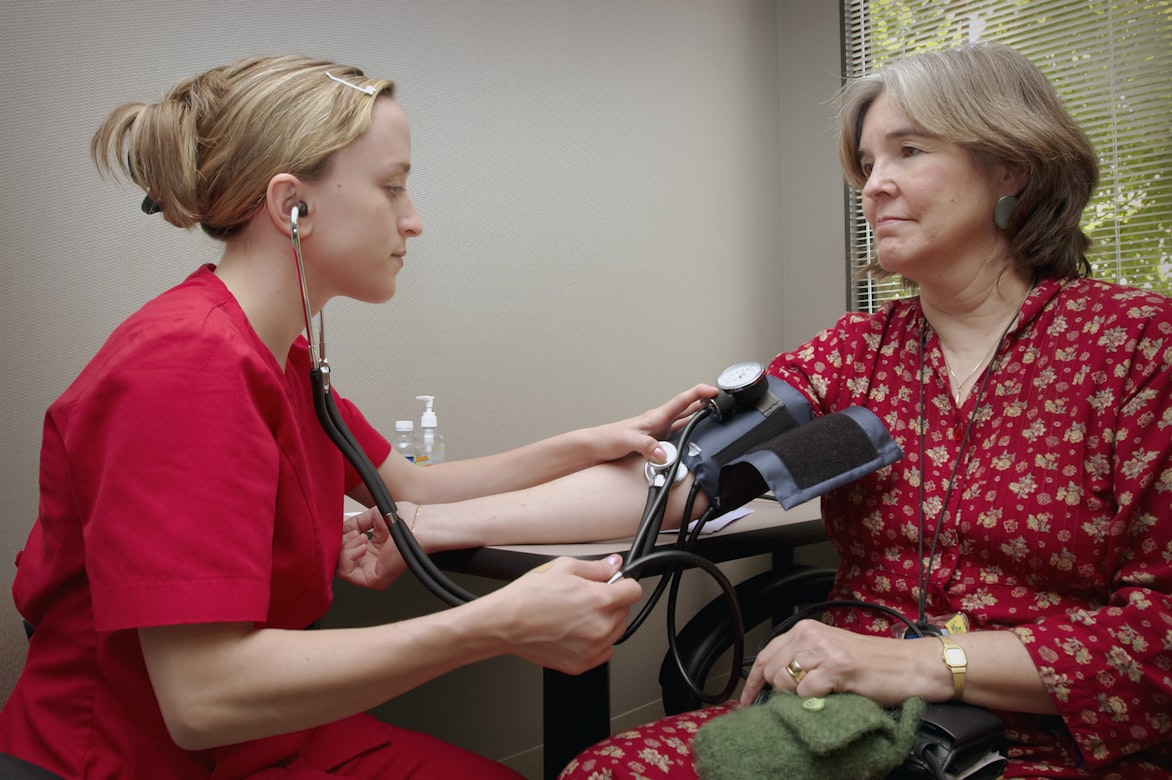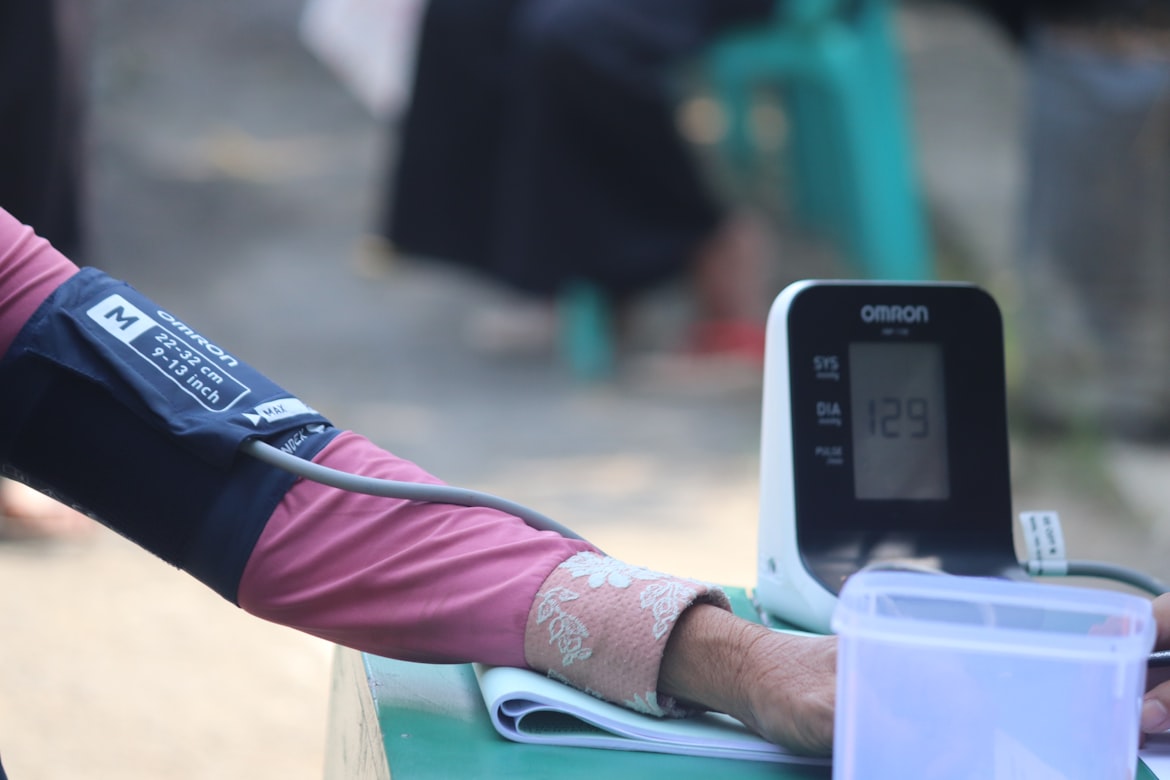Hypertension (HBP) is normal among senior residents in the US and is a difficult condition that can essentially build the likelihood of having coronary illness, a coronary failure, stroke, kidney disappointment, and other medical issues and dangers. In strict terms, “blood pressure” is the power of blood pushing against blood vessel walls while the heart siphons out blood. An enormous power over a significant stretch of time is called HBP and it can make broad harm the body. Senior residents actually should comprehend what their blood pressure means and how they can really forestall and, if important, treat HBP. Individuals who take part in the senior consideration of senior residents ought to likewise be know about HBP and how they can support ways of behaving that work with solid blood development.
Outline
In the US, around one out of three grown-ups have HBP. Without anyone else, HBP has no clear side effects; it very well may be harming the heart, blood vessels, kidneys, and different pieces of the body for a really long time with next to no undeniable signs. Along these lines, realizing your blood pressure is significant paying little mind to how you truly feel. Like that, you can do whatever it may take assuming your pressure is excessively high. Senior residents and those engaged with their senior consideration ought to screen blood pressure paying little mind to what range it is in. Assuming it is ordinary, you ought to attempt to keep it there. Assuming it is high, you ought to look for treatment to limit and forestall harm to your body.
Blood Pressure Numbers
The numbers that make up the pressure perusing incorporate systolic pressure, which is the pressure when the heart is siphoning blood, and diastolic pressure, which is the pressure when the heart is resting between pulsates. Frequently, your blood pressure will be composed and expressed as systolic over diastolic. For instance, you could see 120/80 mmHg, which somebody would agree resoundingly as “120 more than 80.”
The accompanying table presents typical numbers for grown-ups and shows you which numbers place you at a more serious gamble for medical conditions. BP might vacillate, yet in the event that your numbers are reliably better than average, you are in danger of growing hypertension.
*These reaches apply to grown-ups without transient difficult ailments, which could briefly change blood pressure.
Levels over 120/80 mmHg raise your gamble, which keeps on ascending as the numbers increment. “Prehypertension” suggests that you are inclined to growing high BP in the event that means are not taken to forestall it. Assuming that you have been treating HBP and your numbers have been in the typical reach, your BP is taken care of, however you actually have the condition. In this way, it means quite a bit to proceed with the treatment to keep up with typical levels regardless of whether you achieve a solid blood pressure sooner or later.
Causes
Hypertension is normal in senior residents since blood pressure will in general ascent with age except if you do whatever it may take to forestall or control it. Thus, senior residents and those associated with their senior consideration must screen blood pressure to guarantee that it stay in or return to the typical reach.
There are sure clinical issues that might raise blood pressure levels, like constant kidney illness, thyroid sickness, and rest apnea. A few medications may likewise raise blood pressure. These incorporate drugs for asthma (corticosteroids) and, surprisingly, over-the-counter cool help items.
A few ladies experience a raise in blood pressure on the off chance that they use contraception pills, become pregnant, or use chemical substitution treatment. For ladies going through menopause, taking chemicals to lessen side effects can cause a little ascent in systolic blood pressure. Assuming that you as of now have HBP and might want to start taking chemicals, you ought to examine the dangers and advantages with your doctor. Assuming you choose to finish taking chemicals, it means a lot to figure out how to control your blood pressure and how frequently you ought to have it looked at to forestall more serious medical conditions.





